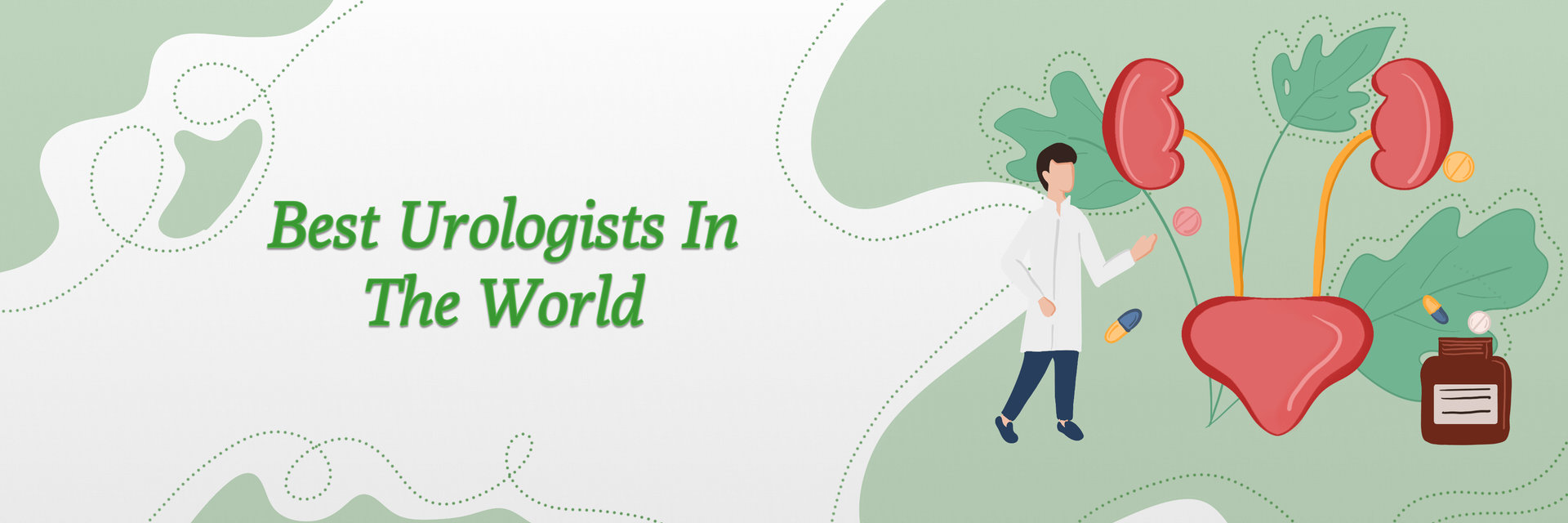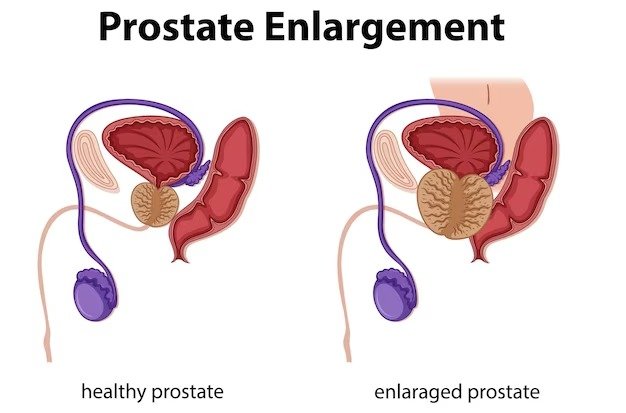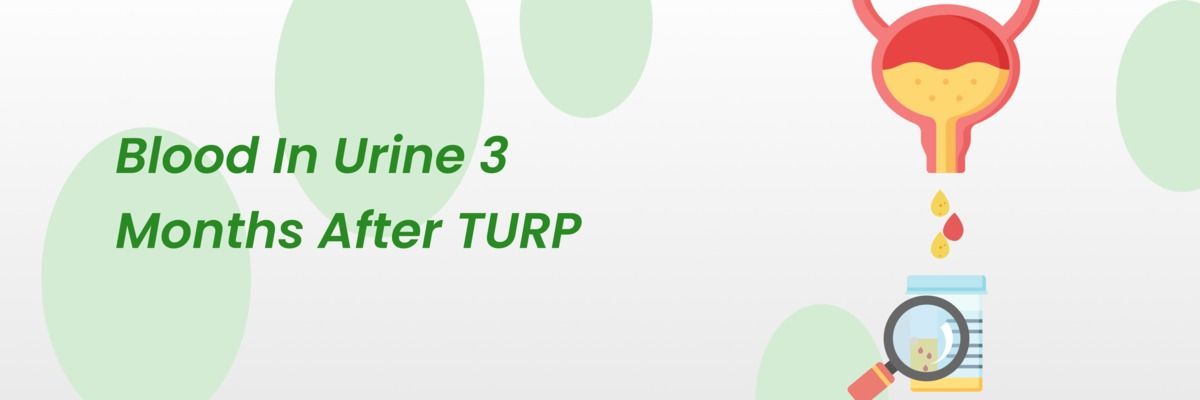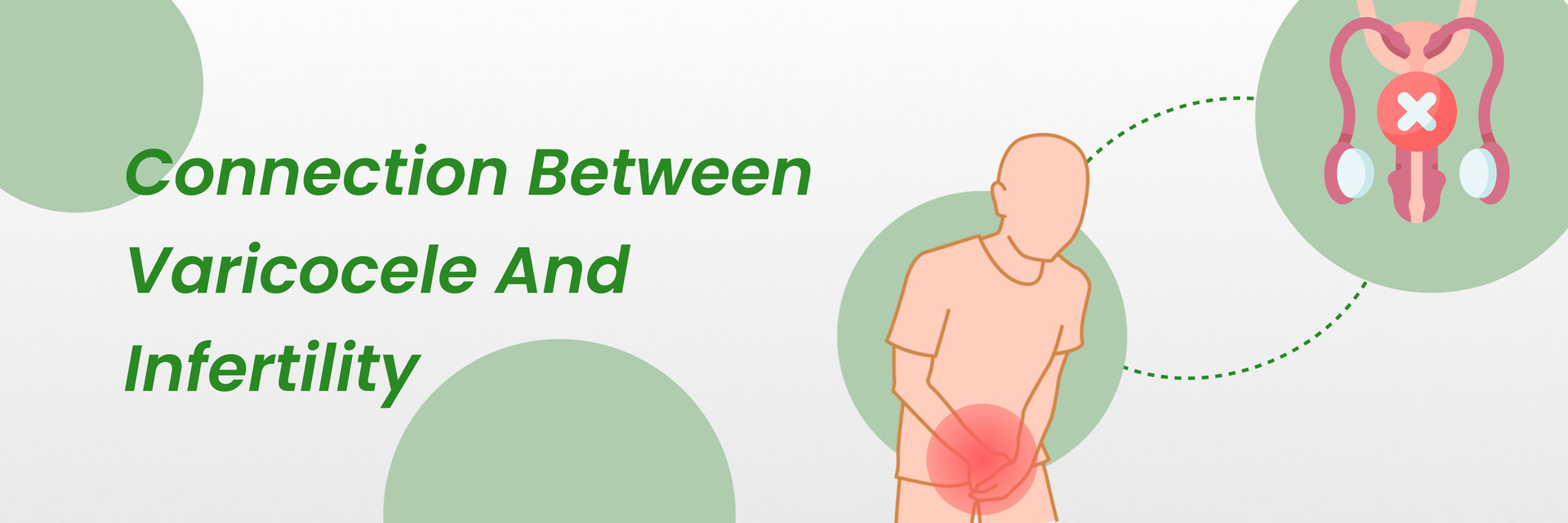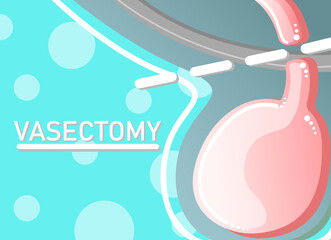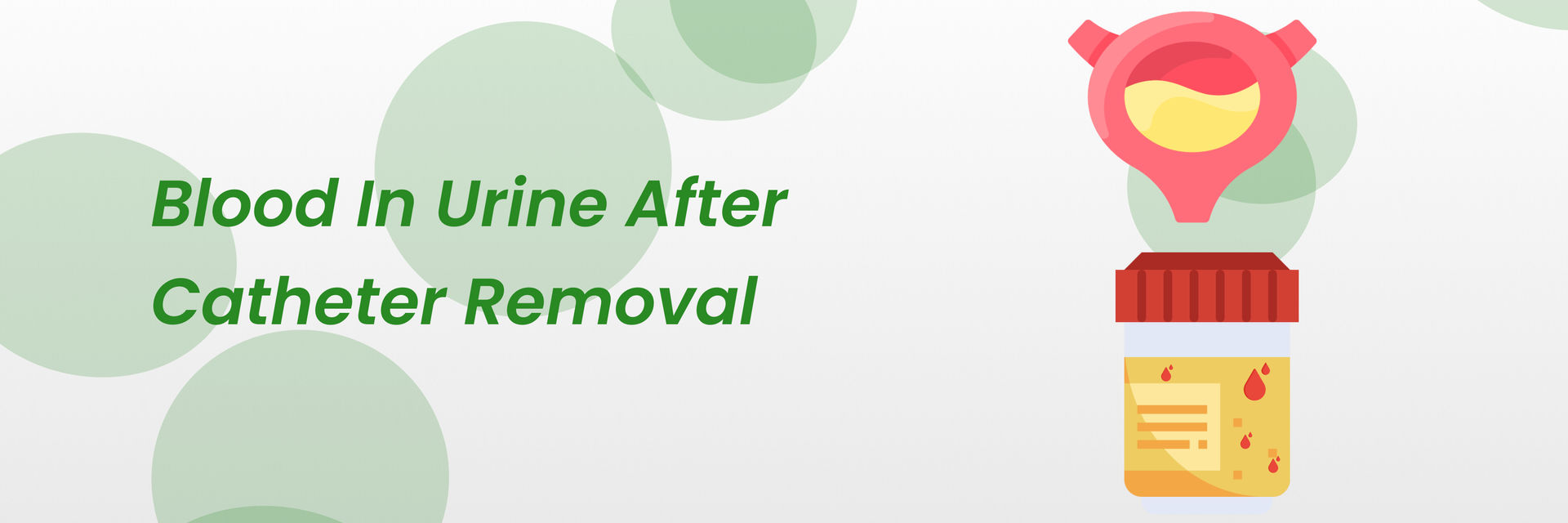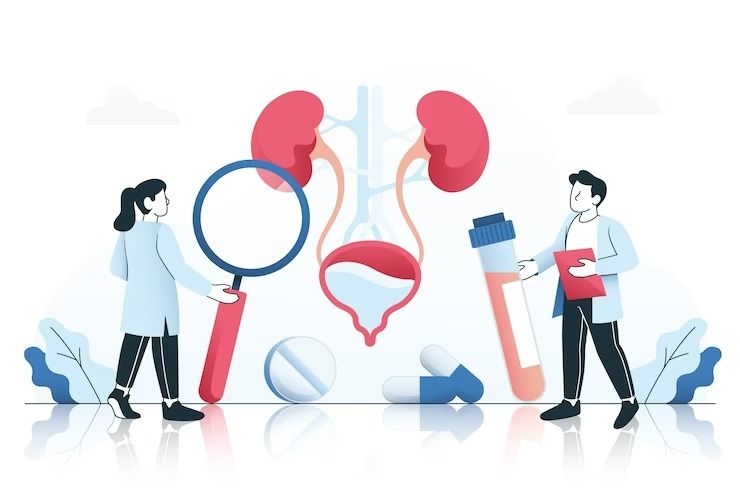Overview
According to a study published in the International Journal of Impotence Research:
Erectile dysfunction (ED) was reported in 38.5% of men who underwent heart bypass surgery. The prevalence of ED was higher in men with higher levels of anxiety and depression. Men who have peripheral vascular disease, diabetes, hypertension, and a smoking history are more likely to have ED after a heart bypass. Other factors associated with ED included a more extended hospital stay and a higher BMI.
ED can be a distressing and frustrating experience for men. Especially for those who have recently undergone such a significant surgical procedure. Let's explore the causes of ED after heart bypass surgery and discuss available treatment options. Understanding the potential for ED and the available treatment options for you or someone you know who has recently undergone heart bypass surgery can help you make informed decisions about the care and recovery process.
How common is ED after heart bypass surgery?
Erectile dysfunction (ED) is a common complication among men. Especially those who have undergone heart bypass surgery. The exact prevalence of ED after heart bypass surgery varies depending on the study. But estimates suggest that it affects 30-80% of men who have had this procedure.
Factors that can influence the development of ED after heart bypass surgery are
- the patient's age,
- health, and
- the specific type of bypass surgery performed.
ED can be a temporary or permanent side effect of heart bypass surgery and can also be caused by underlying cardiovascular disease. That's why it is a must to consult a doctor for an accurate diagnosis and treatment options.
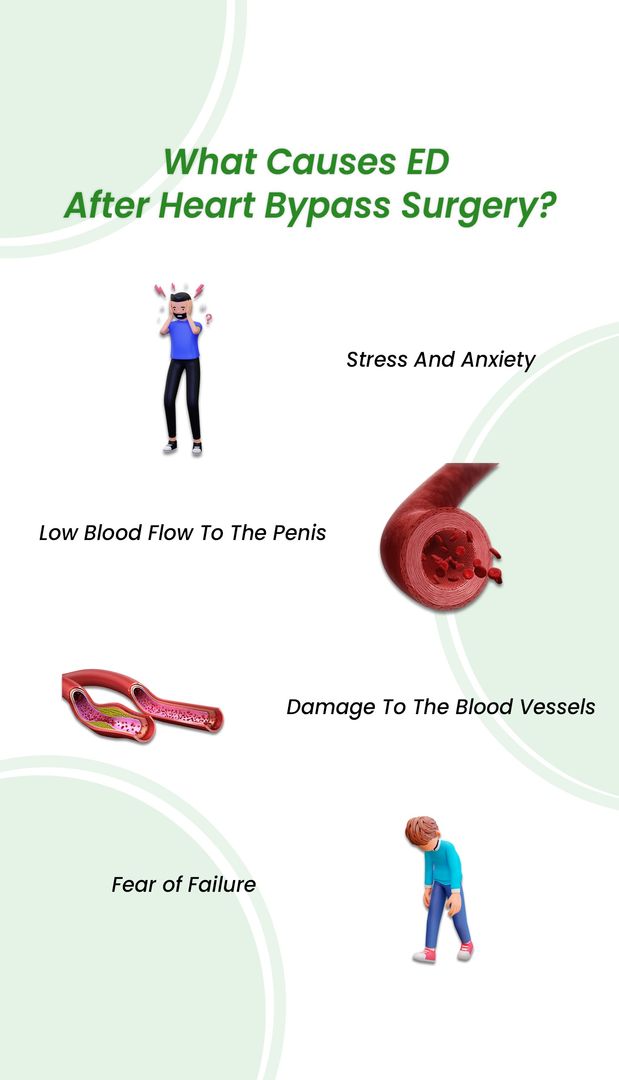
What causes ED after heart bypass surgery?
A combination of physical and psychological factors causes erectile dysfunction (ED).
Physical factors | Psychological factors |
|
Men who have recently undergone heart bypass surgery may be concerned about their ability to perform sexually. And this can cause anxiety and lead to ED. |
ED is a complex condition with multiple causes, and it is essential to consult a doctor for the best treatment options. | |
Take charge of your health and your life. Contact us today!
What are the risk factors for developing ED after heart bypass surgery?

There are several risk factors that can increase the likelihood of developing erectile dysfunction after heart surgery. These include:
Age | As men get older, they are more likely to experience ED. |
Pre-existing ED | Men who have ED before heart bypass surgery are likelier to have ED after surgery. |
Smoking | Men who smoke are more likely to experience ED after heart bypass surgery. |
Diabetes | Men with diabetes have an increased risk of ED after heart bypass surgery. |
Prolonged use of certain medications | Some medications that are used to treat heart diseases, such as beta-blockers and diuretics, can increase the risk of ED after heart bypass surgery. |
It is important to note that ED is a complex condition that can have multiple causes and that it is essential to consult a doctor for a proper diagnosis and treatment options. Your doctor may also be able to help you identify and manage any risk factors that you may have that could be contributing to your ED.
How does erectile dysfunction after heart bypass surgery compare to ED caused by other factors?
The expert, Dr. Gregory Quayle, MD an ABMS-certified urologist from Mississippi with 14 years of experience and an advisory board member at Phoenix, states that-
Erectile dysfunction after heart bypass surgery may be caused by both physical and psychological factors. Physical factors such as damage to the nerves or blood vessels during the surgery or side effects of medications, while psychological factors such as anxiety, depression or relationship problems may also contribute to the development of ED. However compared to ED caused by other factors, ED after heart bypass surgery may be more difficult to treat due to the underlying physical causes.
How long after the surgery can ED occur?
Erectile dysfunction (ED) can occur anytime after heart bypass surgery. But the timing can vary depending on the individual. Some men may experience ED immediately after surgery, while others may not develop it until weeks or months later. In some cases, ED may be temporary and resolve on its own within a few months. But, for some men, Erectile dysfunction after CABG or heart bypass surgery may be a long-term complication.
The recovery times can vary, and some men may experience ED as a temporary side effect of surgery and medication. But if ED persists or becomes a long-term issue, it is essential to seek medical attention and discuss treatment options with your doctor.
Your well-being is our priority - call us to book your appointment today
How does erectile dysfunction after heart bypass surgery compare to ED caused by other factors?
Erectile dysfunction after heart bypass surgery can be similar to ED caused by other factors, but there are some key differences.
Like other causes, Erectile dysfunction after heart surgery is characterized by the inability to achieve or maintain an erection for sexual activity. Although, one of the key differences is that ED after heart bypass surgery is often a complication of an underlying cardiovascular condition. This means that men who experience ED after heart bypass surgery may be more likely also to have other cardiovascular risk factors. High blood pressure, low blood pressure, or high cholesterol could contribute to their ED.
Another difference is that physical factors, such as damage to the blood vessels or nerves in the penis during the surgery, often cause it. Also, low blood flow to the penis or side effects of certain medications used to treat heart disease.
ED caused by other factors such as psychological issues, hormonal imbalances, or nerve damage can also be treated like Erectile Dysfunction after heart bypass surgery. By addressing underlying causes and with medication and therapy.
ED can have multiple causes, and it is essential to consult a doctor for a proper diagnosis and treatment options.
How is Erectile dysfunction after heart bypass surgery diagnosed?
Erectile dysfunction (ED) after heart bypass surgery is diagnosed through a physical examination, patient history, and laboratory tests.
During the physical examination, a doctor will likely check for any physical signs of ED, such as poor circulation or nerve damage. The doctor may also ask the patient about any symptoms of ED, such as difficulty achieving or maintaining an erection, as well as any risk factors, such as underlying cardiovascular disease or medication use.
Laboratory tests that may be used to diagnose ED after heart bypass surgery include:
- Blood tests: To check for testosterone levels and other hormones affecting erections.
- Ultrasound: To assess blood flow in the penis.
- Nocturnal penile tumescence (NPT) test: To check for erections during sleep.
In some cases, doctors may also recommend a few more tests.
- penile Doppler ultrasound,
- dynamic infusion cavernosometry and
- cavernosography (DICC) or
- penile plethysmography (PPG).
ED can have multiple causes, and it is essential to consult a doctor for a proper diagnosis and treatment options. An accurate diagnosis will help your doctor understand your ED's underlying cause and recommend the appropriate treatment options.
Heart bypass surgery may cause ED, but the good news is that there are effective treatment options available.
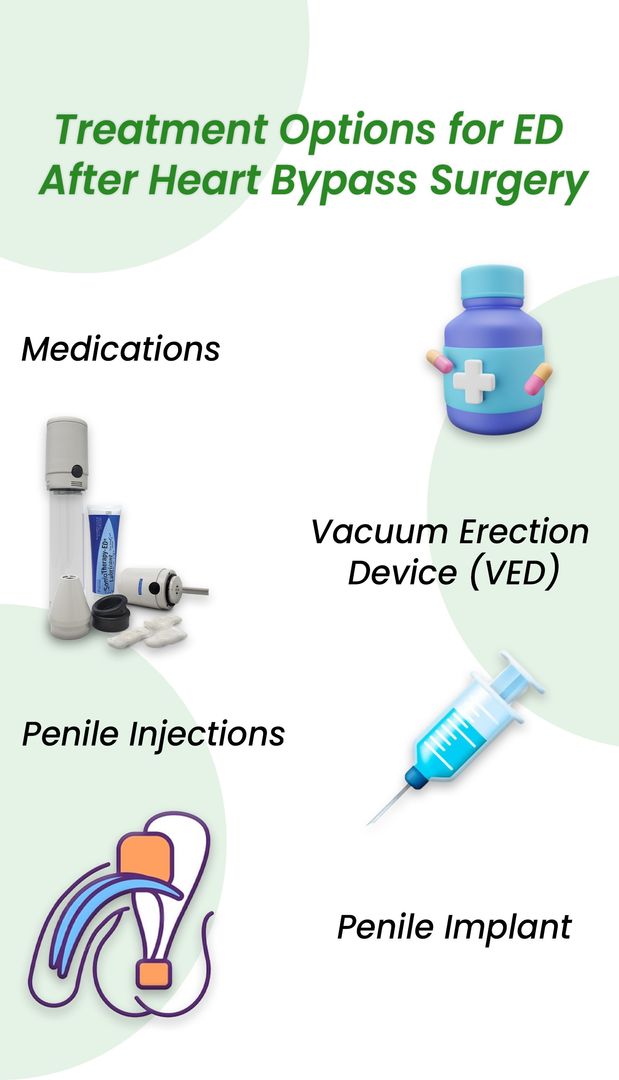
What are the treatment options for Erectile Dysfunction after heart bypass surgery?
Treatment options for erectile dysfunction (ED) after heart bypass surgery depend on the underlying cause of the ED and the patient's individual needs and preferences.
Medications |
|
Vacuum erection device (VED) |
|
Penile injections |
|
Penile implant |
|
Psychotherapy |
|
Are you in search of the current medical treatment for erectile dysfunction after Heart Bypass Surgery? Read further what the experts have to say about the effectiveness of the treatment options and their success rate
Dr. Ooha Susmita, a Psychiatrist and Sexual Wellness Expert with Allo Healthcare (India's first digital platform catering to sexual wellness concerns).
Treatment options for ED after heart bypass surgery can include medications, vacuum devices or penile injections among others. Penile implants (devices that are surgically implanted into the penis to provide an erection) and testosterone replacement therapy (for patients with low testosterone levels) are among other options for treatment. Also, the effectiveness of the treatment will vary based on the degree of nerve damage or blood vessel issues after heart bypass surgery.
Each treatment option has its benefits and risks, and it is essential to consult a doctor for a proper diagnosis and treatment options. Your doctor will be able to help you weigh the potential benefits and risks of each treatment option and recommend the best course of action.
Want to inquire your about personalized treatment expenses? Don't hesitate. Talk to us today.
How effective are these treatment options?
The effectiveness of treatment options for erectile dysfunction (ED) after heart bypass surgery can vary depending on the underlying cause of the ED and the patient's individual needs and preferences.
Medications such as PDE5 inhibitors (sildenafil, tadalafil, vardenafil) improve erectile function in men with ED, including those after heart bypass surgery. However, the effectiveness of these medications may be limited in men with severe vascular disease.
A vacuum erection device (VED) is effective in helping men achieve and maintain an erection. However, it may not be suitable for all men and may not be as effective as oral medications.
Penile injections such as alprostadil are effective in helping men achieve and maintain an erection, but they can be associated with pain and bruising.
A penile implant is a surgical procedure that can be effective in helping men achieve and maintain an erection. However, it is an invasive treatment and not suitable for all men.
Psychotherapy effectively treats ED caused by psychological factors such as stress, anxiety, or depression.
It is important to note that the effectiveness of treatment options can vary depending on the individual. It is essential to consult a doctor for a proper diagnosis and treatment options. Your doctor will be able to help you determine the best course of action based on your individual needs and preferences.
Dr. Ooha Susmita says the presence of other medical conditions impacts the development and treatment of erectile dysfunction after Heart Bypass Surgery.
Yes, the presence of other medical conditions can impact the development and treatment of erectile dysfunction (ED) after heart bypass surgery. Some examples of such medical conditions are diabetes (causes nerve damage that can affect sexual function), high blood pressure (can cause damage to blood vessels in the penis), high cholesterol (can cause clogging to the blood vessels in the penis), depression and anxiety (can affect sexual desire and performance).
Are there any lifestyle changes or alternative therapies that can help with ED after heart bypass surgery?
Yes, there are several lifestyle changes and alternative therapies that can help with erectile dysfunction (ED) after heart bypass surgery.
Lifestyle changes | Quit smoking: Smoking can damage blood vessels and contribute to ED.
Exercise regularly: Regular physical activity can improve cardiovascular health and blood flow to the penis.
Eat a healthy diet: Eating a diet low in fat and high in fruits, vegetables, and whole grains can improve cardiovascular health.
Manage stress: Stress and anxiety can contribute to ED. Finding ways to manage stress, such as through exercise, meditation, or counseling, can help. |
Alternative therapies | Acupuncture: This traditional Chinese therapy has been shown to improve blood flow and may help with ED.
Herbal supplements: Some herbs, such as ginseng and horny goat weed, are believed to improve sexual function, but more research is needed to confirm their effectiveness.
Yoga and tai chi: These practices can help to reduce stress and improve overall health. |
Alternative therapies should be used with caution, as they may interact with other medications or medical conditions and may not be suitable for everyone. It is essential to ensure that the alternative therapies are safe and appropriate for you.
Also, these lifestyle changes and alternative therapies may not replace traditional medical treatment, but they can be used in conjunction with conventional therapies to improve overall health and well-being.
Don't let ED after heart bypass surgery ruin your relationships and psychological well-being.
Can this affect relationships and psychological well-being?
Erectile dysfunction (ED) can significantly impact relationships and psychological well-being. ED can cause embarrassment, low self-esteem, and decreased self-confidence, affecting a man's ability to form and maintain intimate relationships. It can also cause strain on existing relationships, leading to feelings of frustration, resentment, and dissatisfaction for both partners.
ED can also lead to depression, anxiety, and stress, which can further impact psychological well-being. It can affect relationships. This can lead men to avoid sexual activity altogether, leading to isolation and further emotional distress.
Men experiencing ED after heart bypass surgery need to consult for help from a professional. They can provide the appropriate medical treatment, counseling, and support to help the patient and his partner. And help them to cope with the condition and improve their quality of life.
ED is a common condition, and there are effective treatment options available. It will help if you communicate openly and honestly with your partner and doctor about your concerns and feelings. Your partner may be able to help you cope with the condition and support you in seeking treatment. It can help men regain their sexual function and improve their overall quality of life.
Take control of your sexual health after heart bypass surgery and explore treatment options with your doctor.
Are there any long-term effects on sexual function after heart bypass surgery?
Erectile dysfunction (ED) is one of the most common long-term effects on sexual function after heart bypass surgery. However, other sexual dysfunctions can also occur, including decreased libido, difficulty reaching orgasm, and premature ejaculation. These issues can result from both physical and psychological factors.
Physical factors can include:
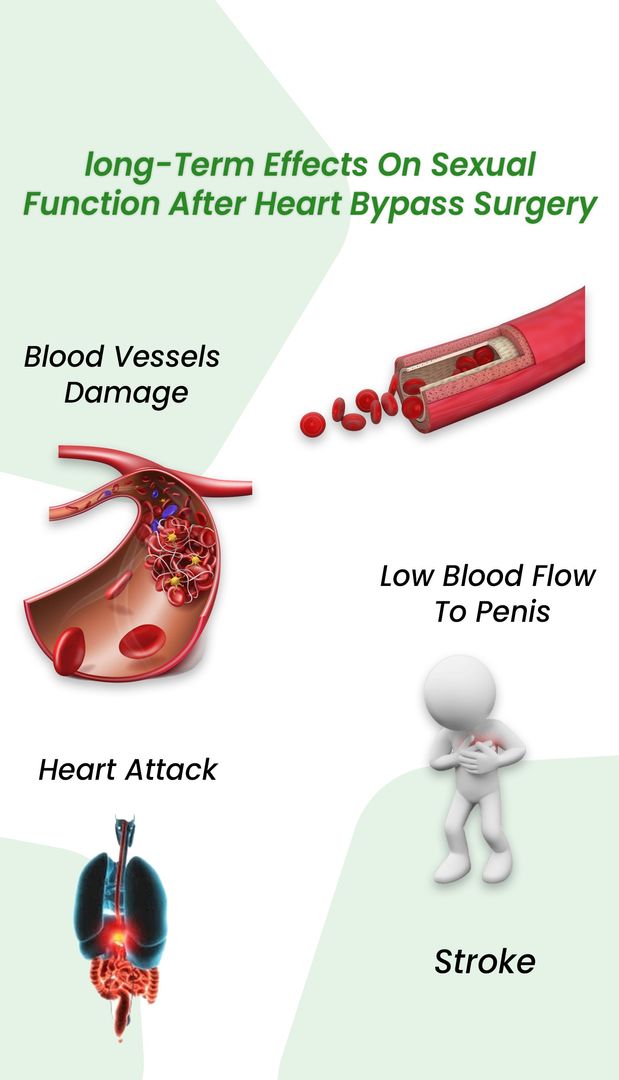
Psychological factors can include stress, anxiety, and depression related to the surgery and recovery process, as well as fear of failure.
In addition to sexual dysfunctions, heart bypass surgery may lead to other long-term complications such as heart attack, stroke, or re-occurrence of the original disease.
These long-term effects can vary depending on the individual, and it is essential to consult a doctor for a proper diagnosis and treatment options. Your doctor can help you determine the best course of action.
You must have regular follow-up visits with your doctor after the surgery. Monitor your health and address any issues that may arise.
According to Dr. Sony Sherpa a holistic physician from Nature's Rise, an organic wellness company states that-
Erectile dysfunction can have a serious impact on not just one’s physical health, but their mental, emotional, and social well-being, too. Patients may feel inadequate and struggle to build fulfilling relationships with partners. Studies have shown that ED can be associated with an increased risk of cardiovascular disease, depression, stress, and social isolation.
To properly evaluate and monitor the severity of ED, it is important for physicians to look at both physical symptoms as well as psychological factors like anxiety or stress levels. Additionally, tests such as penile ultrasound imaging allow physicians to identify any blood vessel damage that could be causing ED. Patient self-reporting scales may also be used to assess the severity of symptoms over time. Although erectile dysfunction can be difficult to diagnose and treat, addressing the problem promptly and appropriately is key to preserving a patient's overall health and well-being.

Is it possible to prevent ED after heart bypass surgery?
It may not be possible to completely prevent erectile dysfunction (ED) after heart bypass surgery. A combination of physical and psychological factors can cause the condition. But some steps can be taken to reduce the risk of developing ED after heart bypass surgery.
- Manage underlying cardiovascular disease: Controlling risk factors is important. High blood pressure and high cholesterol can help to prevent ED.
- Quit smoking: Smoking can damage blood vessels and contribute to ED.
- Exercise regularly: Regular physical activity can improve cardiovascular health and blood flow to the penis.
- Eat a healthy diet: Eating a diet low in fat and high in fruits, vegetables, and whole grains can improve cardiovascular health.
- Manage stress: Stress and anxiety can contribute to ED. Finding ways to manage stress, such as through exercise, meditation, or counseling, can help.
Ensure you clearly understand the risks, benefits, and potential complications associated with the surgery and take appropriate steps to minimize the risk of ED and other complications. Working closely with your doctor before and after the surgery is also essential.
Even with these preventative measures, ED may still occur after heart bypass surgery. But early diagnosis and treatment can help minimize this condition's impact on a patient's quality of life.
References:
https://www.ncbi.nlm.nih.gov/pmc/articles/PMC4247483/
https://www.ncbi.nlm.nih.gov/pmc/articles/PMC4169679/
https://www.medicalnewstoday.com/
